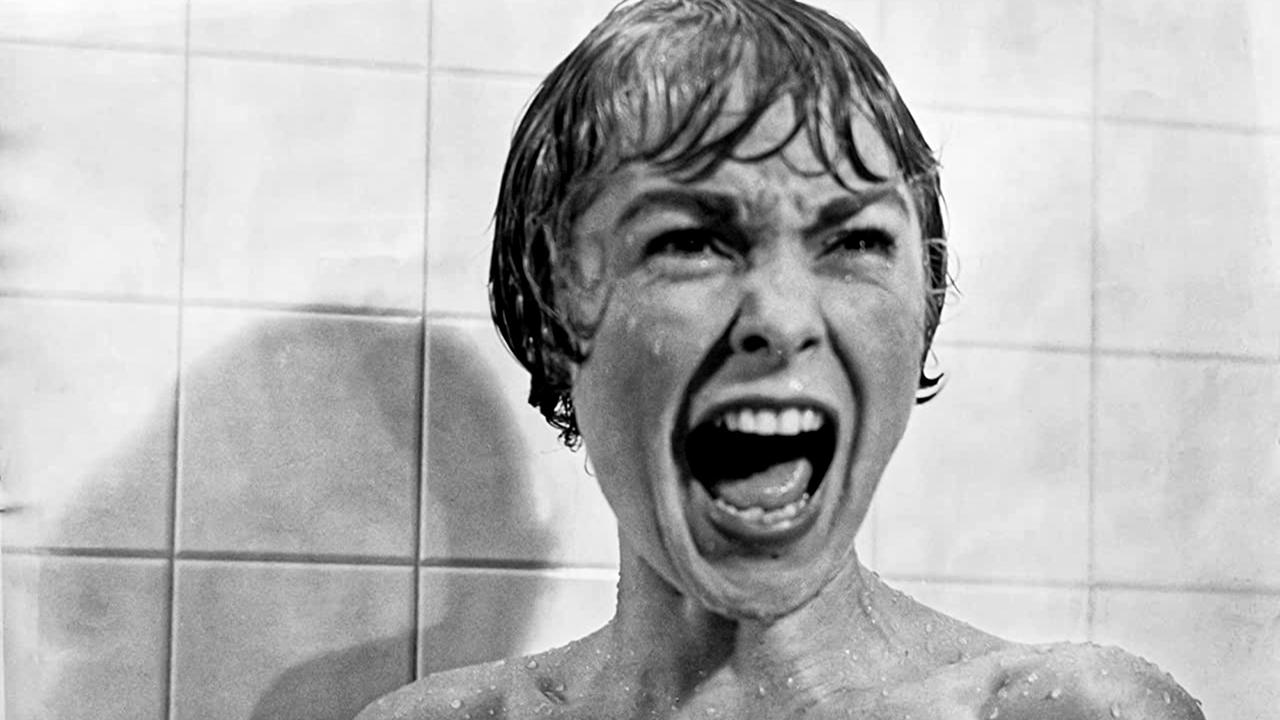One can't discuss cinematic classics without mentioning the 1960 film Psycho, directed by none other than the Master of Suspense himself, Alfred Hitchcock. This movie review will dissect what makes this horror-thriller-mystery a cornerstone of its genre. With its combination of unsettling suspense and a plot that's both riveting and shocking, Psycho has solidified its place in the annals of film history—much like that shower scene has embedded itself into our nightmares.
The setup of Psycho is deceptively simple: a secretary, played by the unparalleled Janet Leigh, makes a fateful decision to embezzle money and flee—finding temporary refuge at a seemingly innocuous motel. But nothing is as it seems, thanks to the repressed and unsettling owner, Anthony Perkins' Norman Bates. Here, Hitchcock crafts a chilling narrative that's part psychological horror, part mystery, all shrouded in layers of suspense. It's not just about a woman on the run; it's an exploration of duality, terrible secrets, and that little voice inside us that sometimes gets drowned out by others—especially when that other is an overbearing mother!
The performances here are nothing short of legendary. Anthony Perkins delivers a powerhouse performance as Norman Bates, perfectly capturing the character's eerie, yet oddly sympathetic, nature. It's a film where the acting is just as significant as the knife slashing through the curtain. Meanwhile, Vera Miles and Martin Balsam offer stellar support, each navigating the creeping unease with aplomb. Hitchcock's direction, as always, is meticulous—his control over pace and tension is masterful, making each frame pulse with anticipation. Joseph Stefano's screenplay, adapted from Robert Bloch's novel, is sharp, pithy, and imbued with just the right amount of dark humor. Remember the 'Well, a boy's best friend is his mother' line? Classic!
In the realm of horror and thriller, Psycho stands alongside films like Rosemary's Baby and The Exorcist, yet offers something uniquely Hitchcockian. Where those films dealt with supernatural horror, Psycho grounds its terror in psychological realism, creating tension through atmosphere and character. But unlike The Shining, which dives into madness and isolation, Psycho revels in suspense—keeping viewers on edge until its haunting crescendo. Still, I argue there's nothing quite like Psycho, just as you can't compare a fine wine to a craft beer—they both get the job done, but with their very own flavor.
If you've got a penchant for classic cinema or an appetite for horror and psychological thrillers, Psycho is a must-watch film that can't be ignored. Whether you're there for the groundbreaking cinematic technique or just to experience the raw, unrelenting dread, this movie demands a spot in your collection of favorites. As far as film critiques go, Psycho is not just a movie; it's a hauntingly beautiful cinematic masterpiece that continues to influence generations of filmmakers—and perhaps even make you think twice about motels on the deserted highway!

